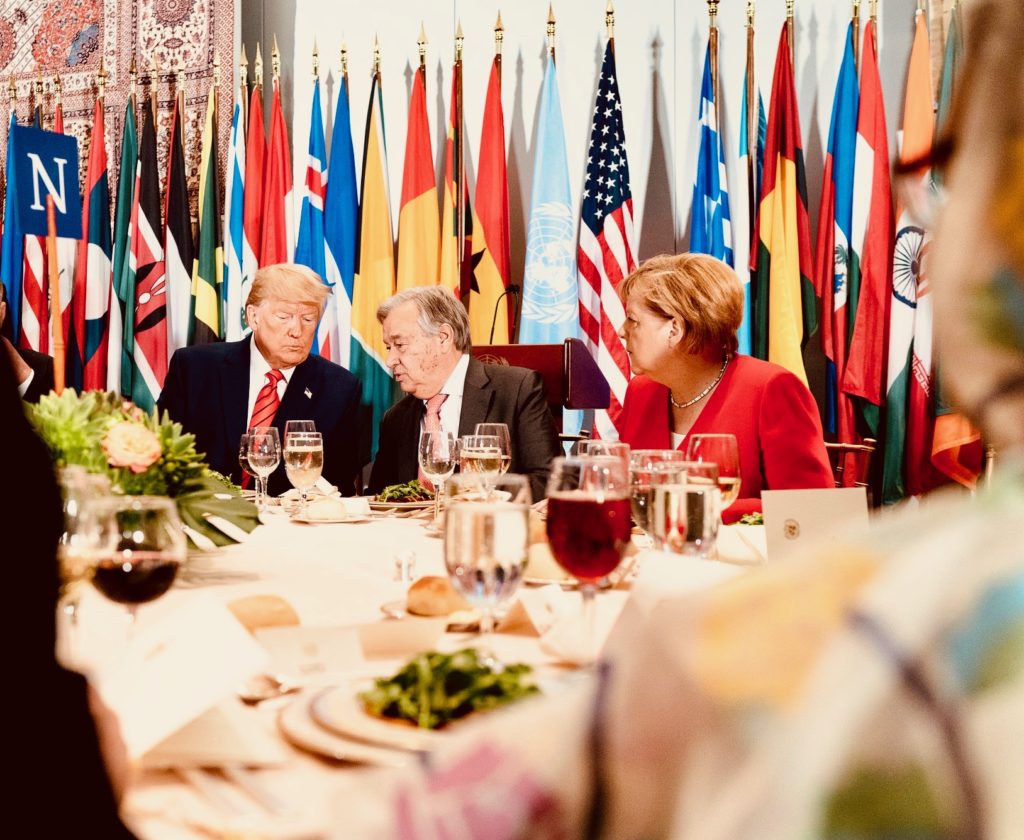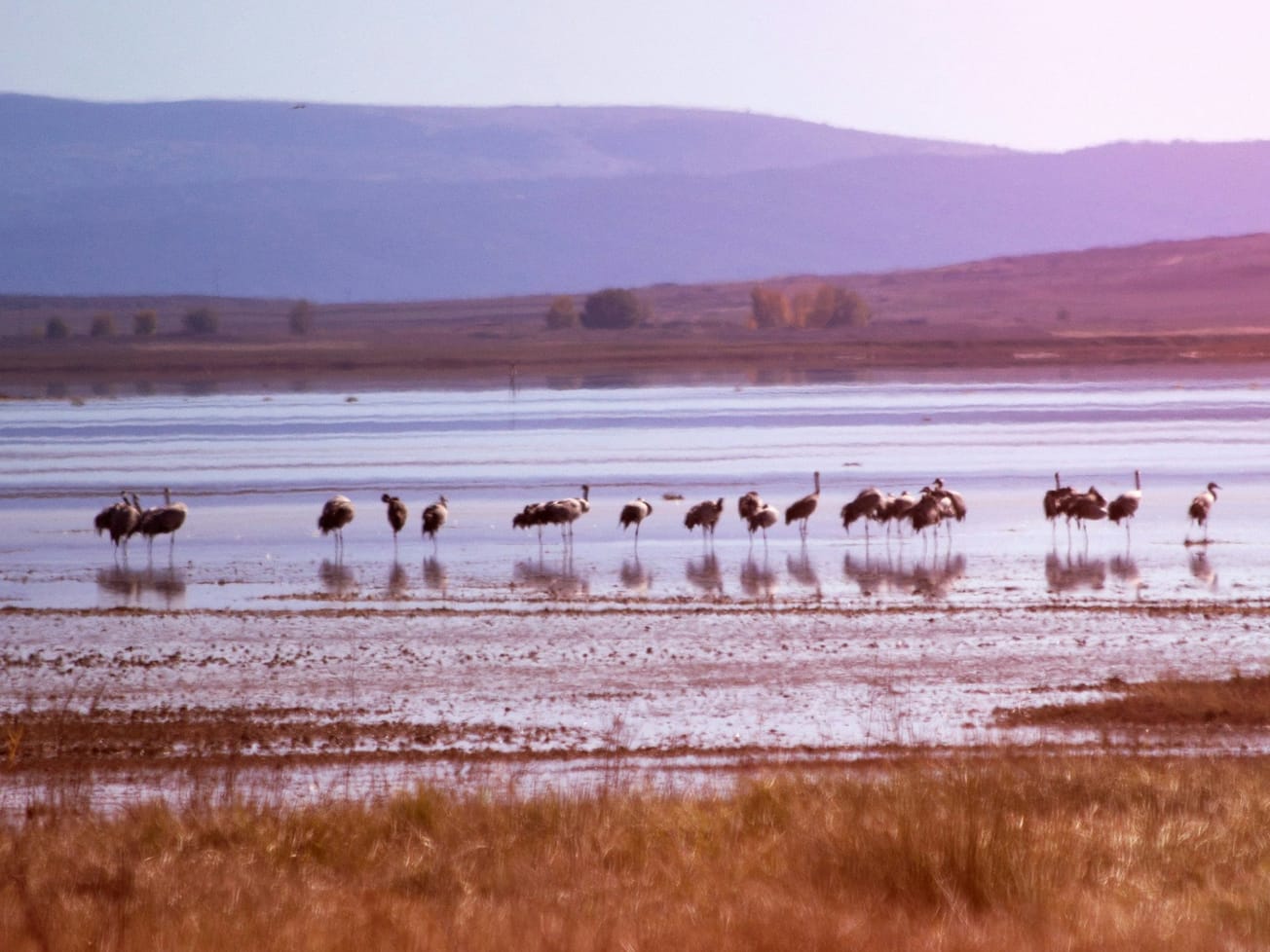UNITED NATIONS (AN) — U.N. Secretary-General António Guterres opened the U.N. General Assembly's high-level gathering on Tuesday with a plea for U.S.-China unity while pushing his top priorities of fighting climate change and preventing more war.
Guterres, who rose from Socialist Party leadership to become Portugal's prime minister before ascending the U.N.'s ranks, warned in his annual "state of the world" address that the world is splintering into factions allied with either the United States or China.









